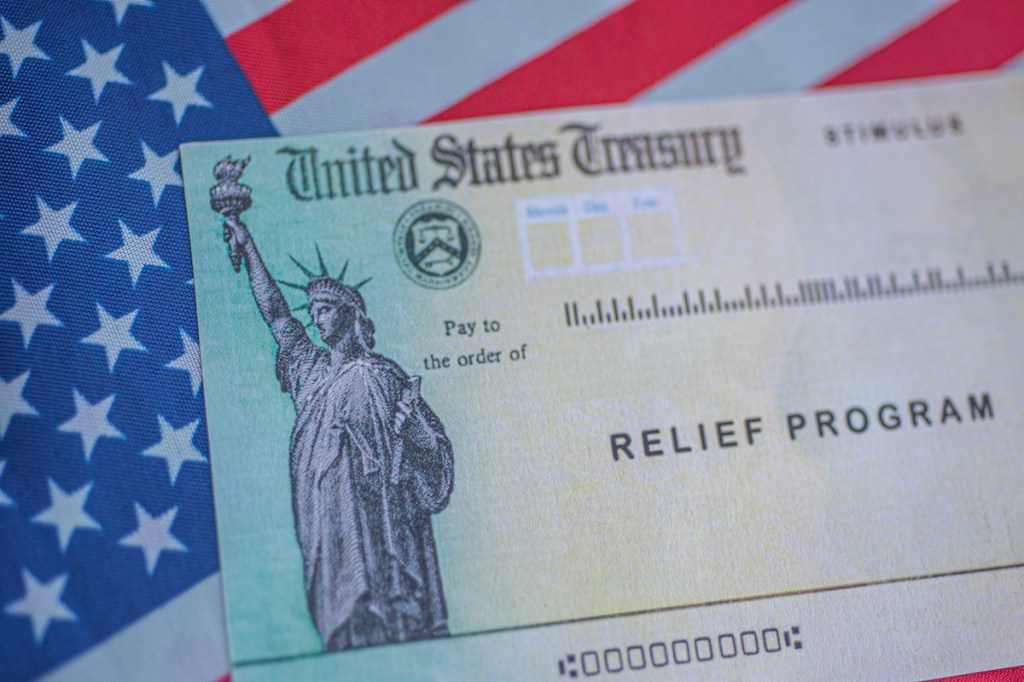As Republicans and Democrats negotiate a new stimulus package in Washington D.C., it’s likely that rent delinquencies will rise and over 20 million renters could be evicted.
About 12.4% of U.S. renters missed payments in the first two weeks of July, up 9.9% year over year, according to Zillow. Missed payments are expected to increase even more after the beefed-up unemployment benefits contained in the CARES Act expired last week.
The House of Representatives passed the HEROES Act in May that extends the additional $600 a week in jobless benefit through January, but the HEALS Act proposed by Senate Republicans would cut that down to $200 a week. Most state unemployment benefits only replace about 50% of a person’s prior salary.
Landlords are going to start feeling the burn if a wave of missed payments come through. Zillow said the average profit margin for a rental unit is 6.4%, less than half of what it was five years ago.
“The rental market has been more affected by the coronavirus pandemic than the for-sale side appears to have been,” said Joshua Clark, a Zillow economist. “The steady climb of the past few years has come to an end as rent growth has slowed nationally and prices have outright fallen in a few markets.”
The annualized increase in rent slowed to 1.7%, the smallest gain in nearly a decade, down from 2.9% a year ago, according to the CoreLogic Single-Family Rent Index.
According to the Weekly Housing Market Monitor from the National Association of Realtors, 95% of median rent was paid in the second quarter, despite record amounts of people applying for unemployment.
NAR said that 95% of rent collected in Q2 was from single-family rentals and 90% came from apartment rentals.
The most common form of assistance, NAR said, was from landlords allowing tenants to miss months worth of rent payments. Other options were smaller rent payments over time or a temporary rent reduction.
Landlords offered rent payment options to 64% of respondents, and 36% said they weren’t offered anything.
“The saving grace has so far been government aid and eviction freezes, which have provided a lifeline for those who are out of work,” Clark said. “But much of that aid has expired, putting many renters and workers who rely on the rental market continuing apace in a vulnerable position.”
If passed, the HEROES Act would offer $200 billion of additional funding to consumers, including assistance making mortgage and rent payments.
On the other hand, the HEALS Act doesn’t include an extension of eviction moratoriums and offers $3.2 billion for housing, which includes $2.2 billion for tenant-based rental assistance and $1 billion for public housing operating fund.






